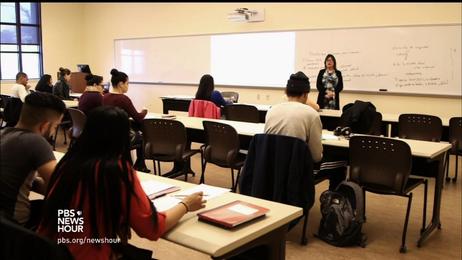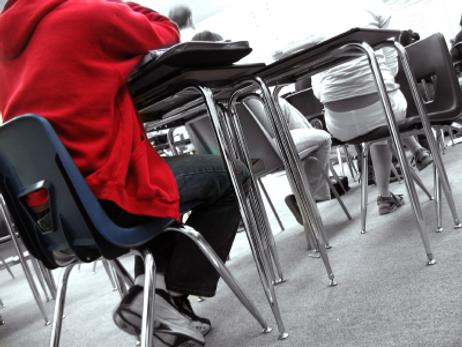Remedial Math Gets a New Look at Community Colleges Nationwide
As community colleges across the United States strive to improve dismal completion rates, one factor stands out as a stark obstacle for degree-seeking students – remedial math. Many students need remedial math classes after taking placement tests for community college. However, semesters of remedial math prove to be costly and time-consuming for those students. Sadly, many community college careers both start and end with remedial math. Fortunately, schools nationwide are devising new systems to give students the math instruction they need without jeopardizing their ability to earn the desired degree.
New Math Pathways Match Instruction to Needs
In California, community colleges are trying a new approach to remedial math classes. Instead of requiring students to take courses in subjects they may never need or use, math classes are customized to a student’s specific major and area of interest. For example, aspiring engineers may need remedial algebra to prepare appropriately for the math required in their degree program. However, English or history majors might be just as well suited to a class in statistics that teaches basic math concepts quickly and effectively.
According to a report in the Sacramento Bee, at least 16 community colleges across the state have adopted this approach to remedial math – so far, with great success. The publication reports that students in the new pathways program are completing math classes at a rate two to four times higher



















